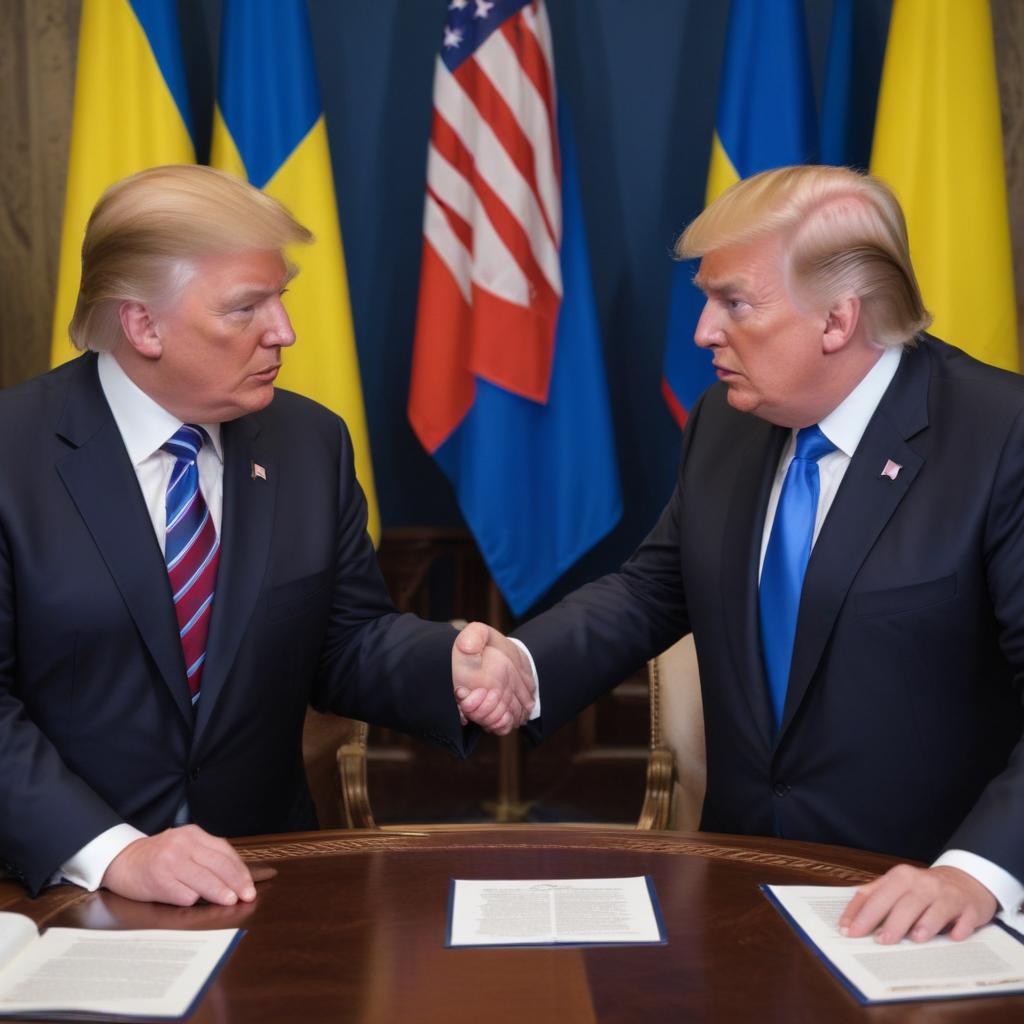Donald Trump's 28-point peace plan for Ukraine is sharply criticized for heavily favoring Russia, compromising Ukraine's sovereignty and security, and potentially offering amnesty for war crimes. Critics argue it rewards Putin's aggression and endangers Ukrainian democracy.
The article critically analyzes Donald Trump's 28-point peace plan for Ukraine, developed without Ukrainian or European involvement. The author contends that the plan, despite earlier sanctions, represents a return to a pro-Putin stance, effectively rewarding Russia's invasion and undermining Ukraine's sovereignty. Key criticisms include: forcing Ukraine to cede the strategic Donetsk province, thereby weakening its defenses; mandating a reduction in Ukraine's military size without reciprocal limits on Russia; and offering unreliable security guarantees while denying Ukraine NATO membership and the stationing of NATO troops. The plan also proposes lifting sanctions on Russia, readmitting it to the G8, and controversially, granting amnesty for Russian war crimes and atrocities, which the author warns could encourage further abuses. The article argues that Trump's approach misinterprets the conflict as a mere territorial dispute, overlooking Putin's aim to extinguish Ukraine's democracy. While Ukrainian President Zelenskyy has cautiously acknowledged the plan, the author concludes that it is deeply flawed and requires significant revisions to ensure a lasting peace, expressing concern over Trump's perceived susceptibility to Putin's influence.



